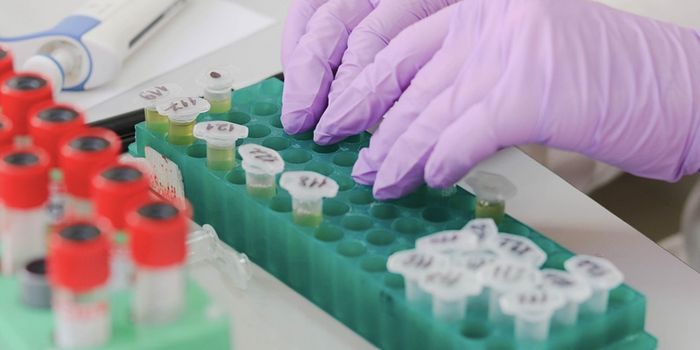Cheap Drug Drastically Cuts Maternal Deaths
A drug created created in the 1960s is now credited as a powerful tool that can save thousands of women from bleeding to death during and after childbirth.
In an international trial that included 20,000 women in 21 countries, researchers found that the drug called tranexamic acid drastically reduced the risks of women dying from postpartum hemorrhage. The condition of heavy bleeding after childbirth affects 100,000 women every year, making it the biggest cause of maternal death worldwide.
Tranexamic stops heavy bleeding by inhibiting the breakdown of blood clots. The drug slashed deaths related to hemorrhaging by 31 percent in women given the drug within three hours of childbirth.
In addition to its impressive effectiveness, researchers are also praising the drug’s cheap cost and minimal side effects. The drug is estimated to cost $3 in the UK, and even less in other countries, such as Pakistan.
"We found an inexpensive drug, given in a single shot, that reduces the risk of bleeding to death, and it should play a role in reducing maternal mortality around the world,” said Ian Roberts, one of the researchers.
"If you can save a life for approximately $3, then I believe that's worth doing," added Haleema Shakur, who directs clinical trials at the London School of Tropical Medicine and Hygiene.
Interestingly enough, the drug that’s now being lauded as a game-changer for preventing childbirth deaths was nearly all but forgotten since it was invented in the 1960s by a Japanese husband-wife pair, Shosuke and Utako Okamoto. According to Shakur, "It was Okamoto's dream to save women. But she couldn't convince doctors to test the drug on postpartum hemorrhaging."
Instead, the drug was marketed as treatment for heavy periods. If it wasn’t for the efforts of Shakur and colleagues, the drug may not have been resurrected for such a powerful purpose.
For Ukato Okamoto, it is never too late to save lives. "We wanted to work on something international, we wanted to discover new drugs to show our gratitude to humanity," she said of her and her husband’s goals decades ago. "We thought that would be wonderful."
Additional sources: BBC









